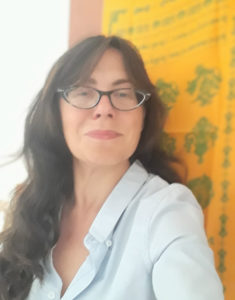UNIMC
Flavia Stara

Flavia Stara is Full Professor in Philosophy of Education and Human Resources in Tourism at the University of Macerata (Italy), where she also served, for over ten years, as Director of the international Master degree in Tourism and Destination Management.
Her education – both in Italy and in the U.S.A (Harvard University) – concentrated on Contemporary Philosophy, Theory of Education, Comparative Studies in Literatures and Cultures. Her present research focuses on educational and cultural processes challenged, in Western and Eastern contexts, by contemporary social innovations and transitions referring to interculturalism, the scope of human rights, the spaces of ethics. Furthermore, she works on interdisciplinary research fields related to: Art education, Visual Studies, Human Resources Management, Creativity Skills Coach.
On her research areas, she authored a number of books and articles both in Italian and English. Over the years, she coordinated and participated in national and international academic research projects in: Europe, India, Brazil, Kenya, and Ethiopia. In particular, she is associated, as principal investigator or member of local research groups, with Marie Curie research projects (PIRSES-GA-2012-318759; H2020-MSCA-RISE-2016; H2020-MSCA-RISE-2019). She is also in charge of a GIAN project, funded by the Government of India, on “Skill Based Creative Tourism Development for Revitalizing the Identities of Local Communities”.
Her research work includes:
- the sharing of research-action experiences, oriented to the development and experimentation of plural languages, aimed at implementing socio-educational practices in favor of inclusion policies;
- the identification of comparative research perspectives to investigate different historical-religious contexts and the related ethical-juridical connotations, for the enhancement of socio-cultural interactions;
- the enhancement of teacher training in view of continuous learning processes in the development of personal and social identities;
- the construction of a theoretical/practical framework, in line with the prerequisites of competency based education, for the knowledge and conservation of cultural heritage as tangible and intangible assets;
- the design of specific branding and tourism marketing sustainable solutions activating synergies with local stakeholders;
- the sharing of best practices, know-how, and organizational processes within different systems of Quality assurance of teaching and research (staff).
Recent publications :

